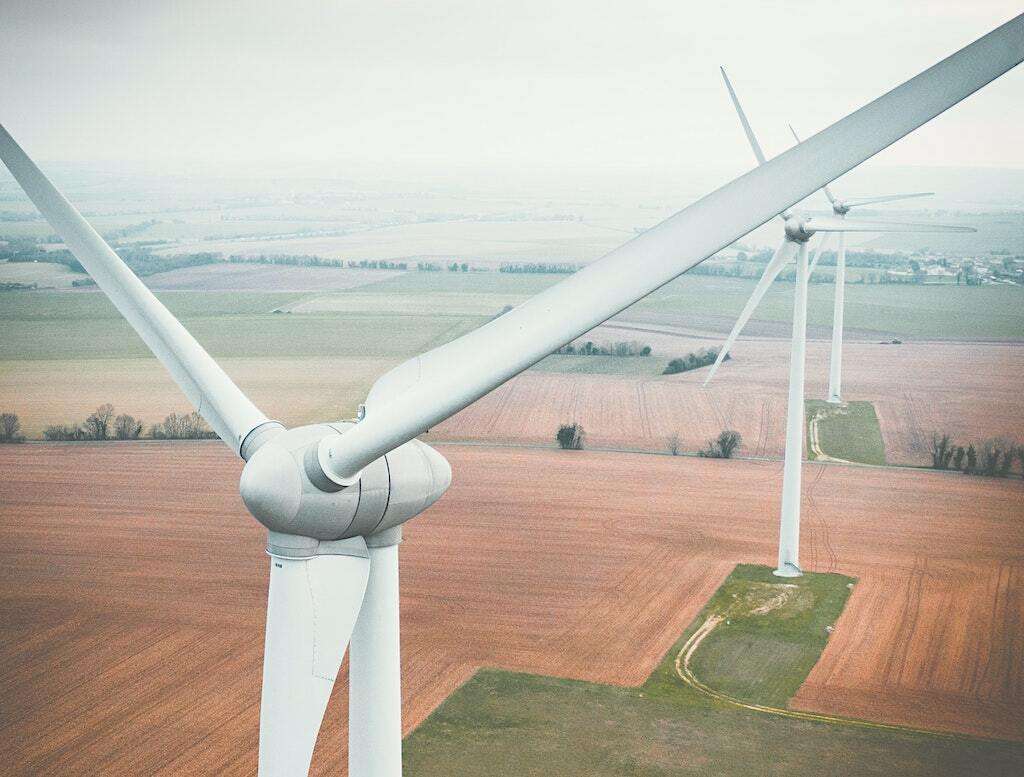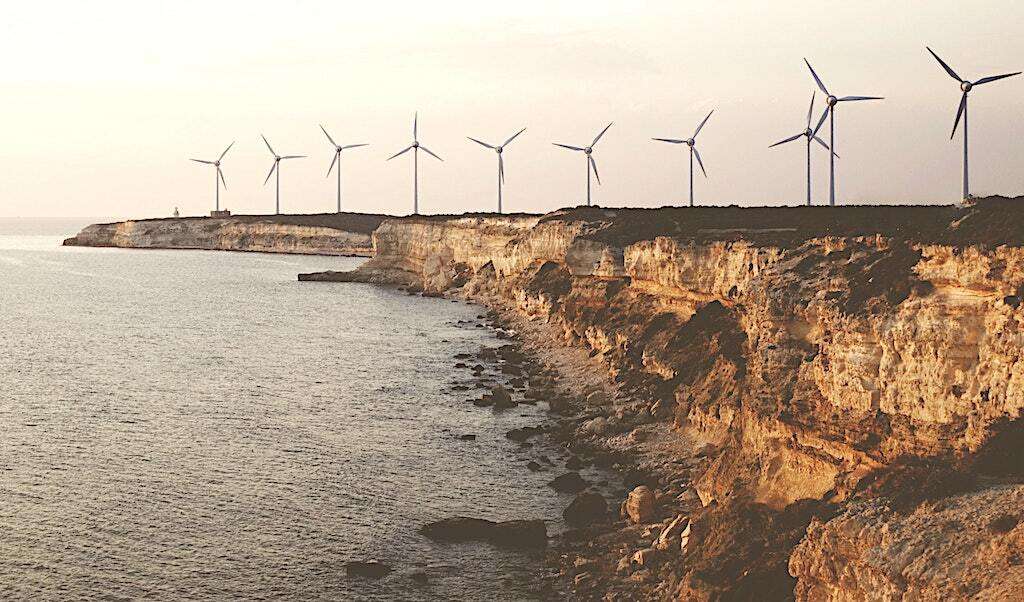Twenty-three VC firms from the U.S. and Europe that manage more than $60 billion in assets have announced the launch of the Venture Climate Alliance to support the transition to net zero carbon emissions by 2050.
The Venture Climate Alliance (VCA) says its aim is to build a strong movement within the venture industry to fight climate change, specifically as venture-backed climate tech innovation has gained momentum in recent years.
Founding members of the VCA include Prelude Ventures, Capricorn Investment Group, DCVC, Energy Impact Partners, Galvanize Climate Solutions, S2G Ventures, Union Square Ventures, Tiger Global, World Fund and 2150; along with Obvious Ventures, Congruent Ventures, Valo Ventures, Clean Energy Ventures, Fifth Wall, Overture Ventures, Blackhorn Ventures, Spring Lane Capital, Azolla Ventures, Systemiq Capital, The Westly Group, Innovation Endeavors, and ReGen Ventures. VCA is supported by climate finance advisory firm, Great Circle Capital Advisors.
Collectively the firms manage more than $62.3 billion in assets.

VCA will support portfolio companies with decarbonization guidance across supply chains, transport, and tech, including emissions-free data centers and less energy-intensive software.
“Our goal is to bridge the gap between what’s happening in public markets, where hundreds of companies have made bold forward-looking net zero commitments–and early stage innovation, which has the potential to decarbonize legacy industries through a combination of better products, more efficient processes, and lower costs,” Alexandra Harbour, founder and chair of the VCA and a principal at Prelude Ventures, said in a statement.
The VCA member firms have all pledged to inventory their direct Scope 1-3 carbon footprint. They have all also agreed that their own firms will reach net zero or negative emissions by 2030. Their portfolio companies will set targets to help them achieve net zero alignment by 2050, and will report transparently on their progress over time.
VCA says these commitments will establish “stage-dependent” climate-aligned goals as a part of startups’ growth strategies, instead of as late-stage adjustments.

“We invest in climate tech companies that are transforming multi-billion dollar industries,” said Gabriel Kra, managing director at Prelude Ventures and founding member of the VCA. “As public markets, asset managers, and policymakers implement 2050 decarbonization goals, disclosure of climate-related risks, carbon emissions, and impact will matter for everyone– including those at the earliest stages of business building. As investors, it’s our role to prepare our teams for the realities of the markets that they’re operating in.”
The VCA has earned approval from the United Nation’s Climate Change High-Level Champions Race to Zero campaign. Its formation also constitutes a new sector-specific alliance under the Glasgow Financial Alliance for Net Zero (GFANZ). It will work with GFANZ to help develop climate-focused tools and methodologies for early-stage investments.
The VCA will work alongside other sector-specific alliances within GFANZ to develop methodologies and tools appropriate for early-stage investments, and to share expertise on climate solutions across the broader financial sector.
Membership to the VCA is open to any venture capital firm or divisions of larger firms as long as entry criteria are met, the group says.

“Net zero for thee but not for me is no longer a workable solution,” said Daniel Firger, co-founder and lead advisor of the VCA and managing director of Great Circle Capital Advisors. “If we’re serious about moving the entire world economy into alignment with a pathway to net zero emissions, we must consider the critical role that private markets play in that journey.”
The announcement comes as VC investments have seen significant declines in the past year with inflation and Silicon Valley Bank’s collapse making investors gun shy.
Despite the overall decline, climate investments ticked up last year to more than $70 billion — up 89 percent from 2021. Europe’s climate tech ecosystem was valued at more than $100 billion in 2021, more than double its 2020 value.
“What we find fascinating about climate tech companies is that – as opposed to the great venture stories of the last decade like Uber and Airbnb – they aren’t creating new markets,” Matus Maar, co-founder and managing partner at Talis, said in a statement accompanying its 2022 report. “Instead, they’re approaching some of the largest existing markets and reinventing them with sustainable alternatives.”
Related on Ethos:


